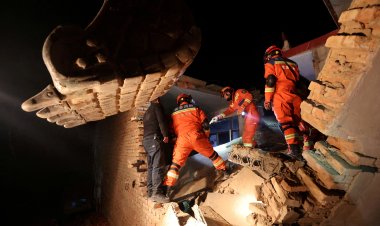Catastrophic crises hit European countries
dozens of demonstrators gathered in the Austrian capital, Vienna, and expressed their desire for Austria's exit from the European Union.
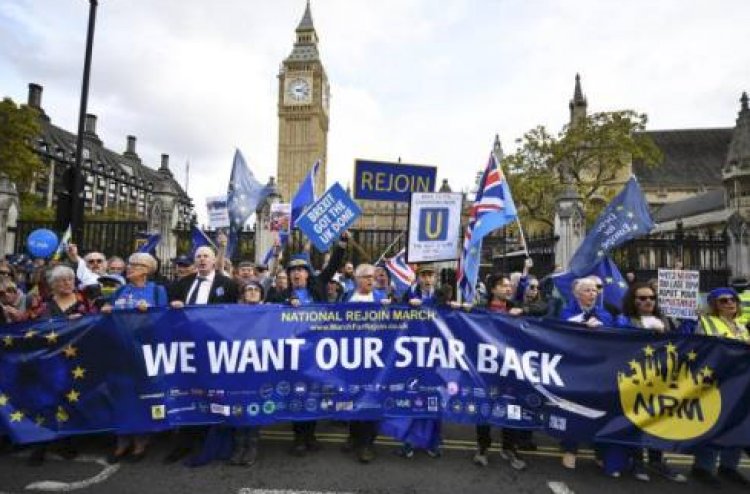
Crises of inflation, energy and wages ignite demonstrations in the capitals of Europe, in light of a large wave of strikes and demonstrations that swept the capitals of the European Union countries.
The British Conservative Party used the army to confront the demonstrations inside Britain, with rising prices, and the demands of many segments of European society to raise wages in light of the wave of high prices associated with inflation.
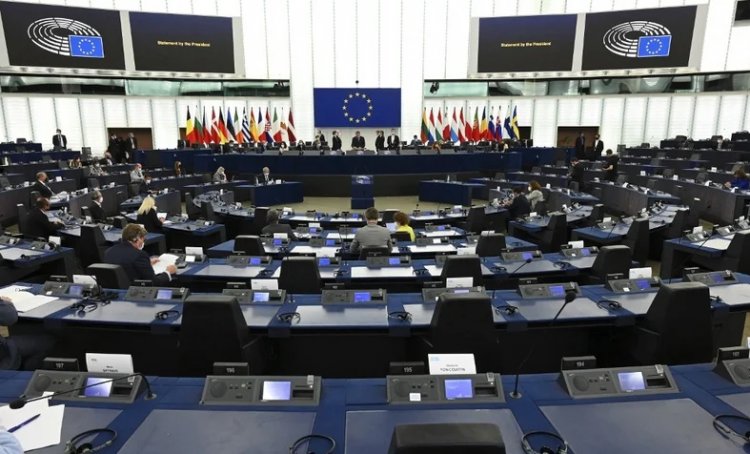
In Romania, protesters blew trumpets and beat drums to express their discontent. In France, people took to the streets, demanding higher wages in line with inflation. In the Czech Republic, demonstrators gathered against the government's handling of the energy crisis. Railway workers in Britain and pilots in Germany also went on strike for better wages, at a time when prices were rising.
France
In France, where the inflation rate is 6.2%, it is the lowest in the euro area.
On the other hand with the onset of winter, several demonstrations took place in Paris to demand the resignation of French President Emmanuel Macron, the rejection of France's membership in the North Atlantic Treaty Organization (NATO) and the supply of weapons to Ukraine.
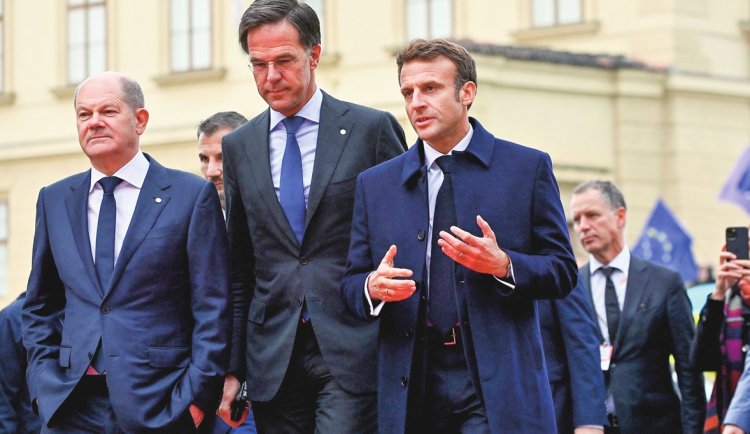
Britain
at a time when British Prime Minister Liz Terrace was forced to resign less than two months after taking office, after her economic plans sparked chaos in financial markets and further damaged a faltering economy, the danger to British political leaders has become more evident, at a time when people are calling for action. .
Railway workers, nurses, port workers, lawyers and others have organized a series of strikes in recent months, demanding higher wages in line with inflation, which reached its highest level in four decades at 10.1%.
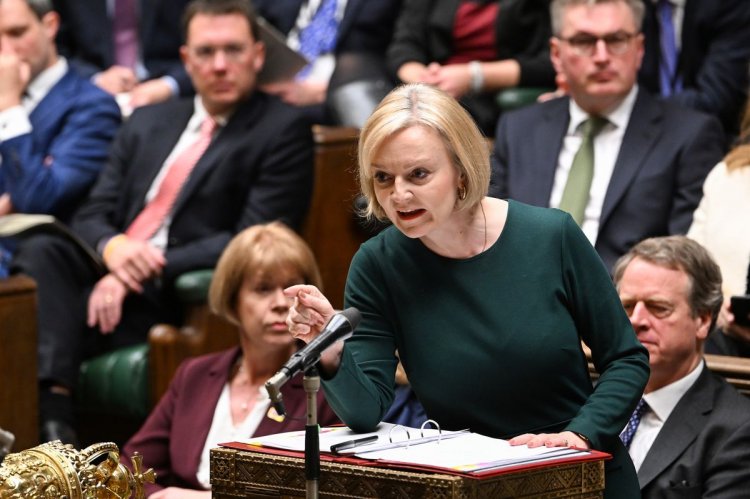
Germany
Germany was the beginning of the spark for the disruption of transit operations after the trains stopped, as well as the disturbance of air traffic, due to the strikes of German Lufthansa airline pilots, which were transferred to other companies and airport employees across Europe, seeking to raise their wages in line with inflation rates.
Italia
During the past weeks, tens of thousands of Italians demonstrated in the capital, Rome, to demand that their country's government stop sending weapons to confront the Russian invasion in Ukraine, and the demonstrators chanted the slogan "No to war No to sending arms."
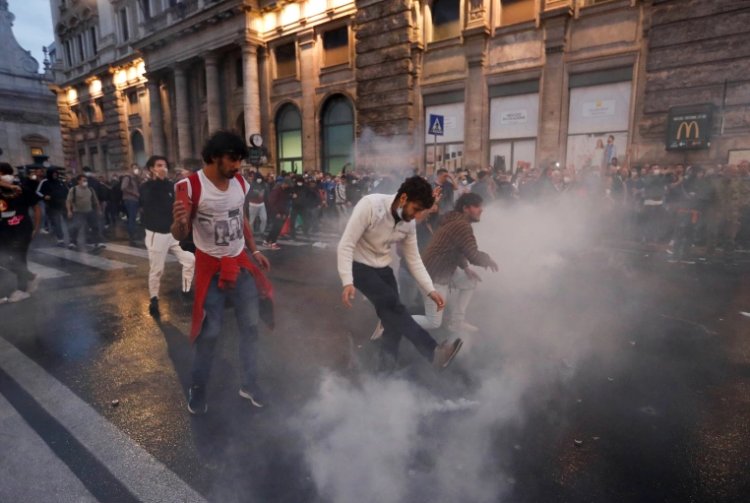
Austria
While dozens of demonstrators gathered in the Austrian capital, Vienna, and expressed their desire for Austria's exit from the European Union, and the importance of establishing friendship with Russia, "as this will lead to lower prices for gasoline, electricity, gas, and food. The demonstrators also expressed the importance of not imposing sanctions and high taxes." Which will lead to higher inflation.
Czech Republic
In the Czech Republic, crowds of protesters demanded the resignation of the pro-Western government coalition, criticizing its support for European Union sanctions against Russia. They also criticized the government for not doing enough to help households and businesses stifled by soaring energy prices.


 Shrouq
Shrouq 










